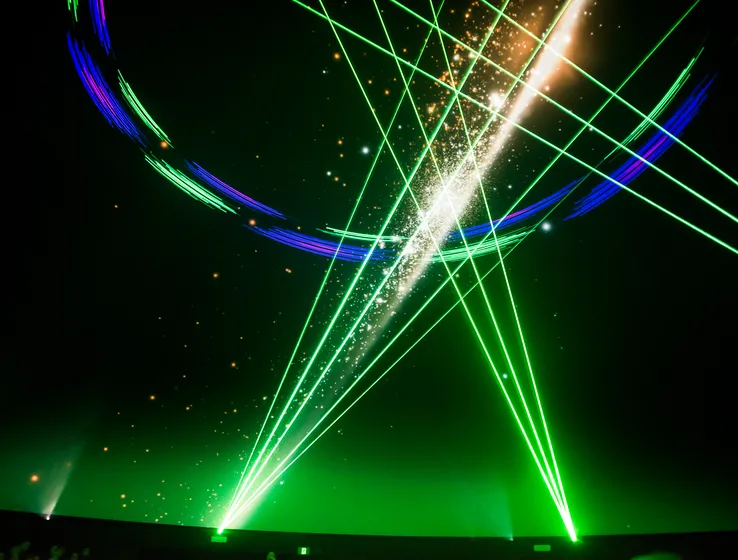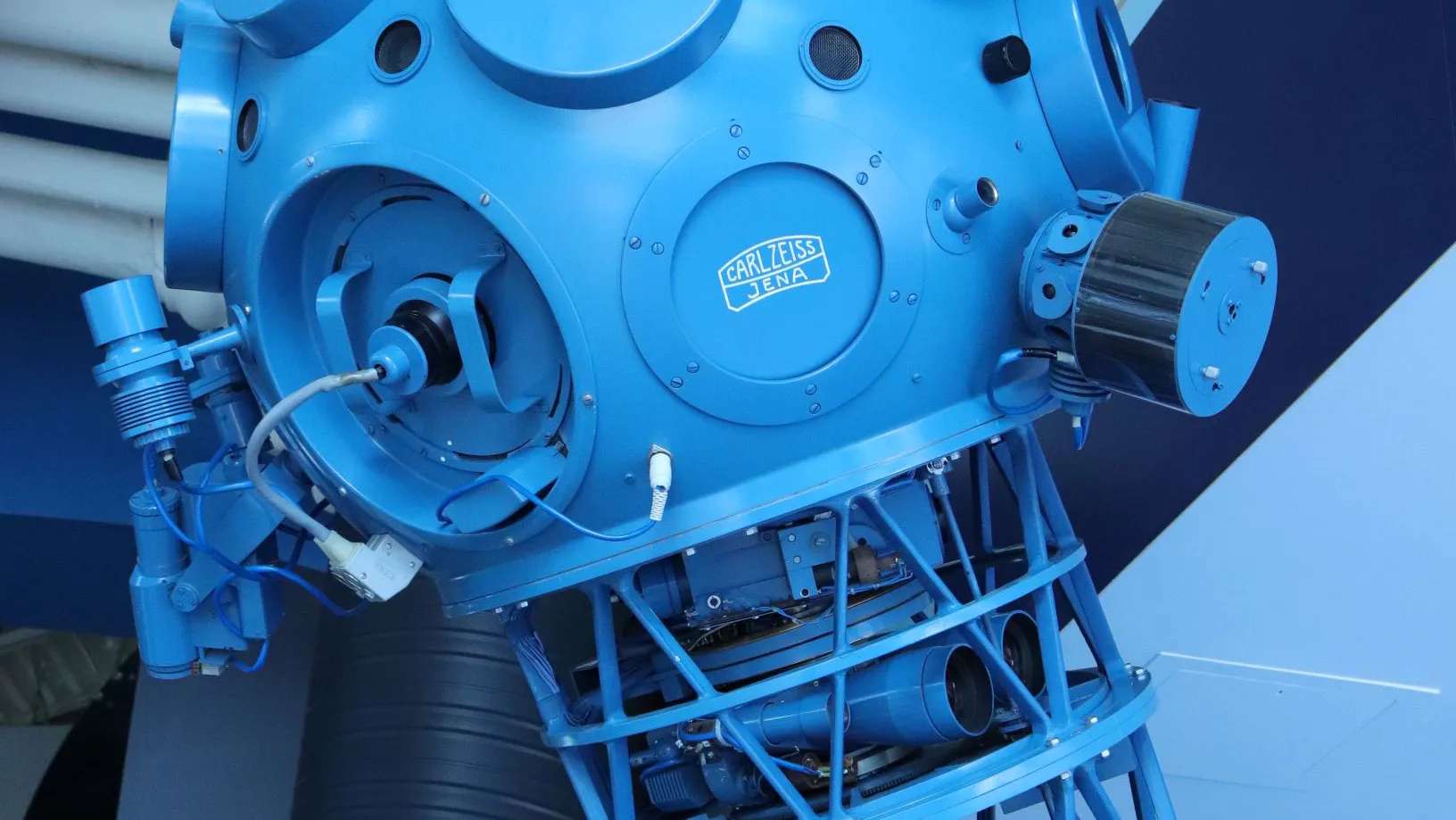'Sophie' the Star Projector
Posted:
The next time you visit TELUS World of Science – Edmonton and take in a show in the Zeidler Dome, you may notice a familiar object at the base of the staircase: “Sophie” the ZEISS* planetarium projector. Sophie projected the starry sky in the planetarium for over 20 years until 2008. Did you see her in action rising up in the centre of the theatre?
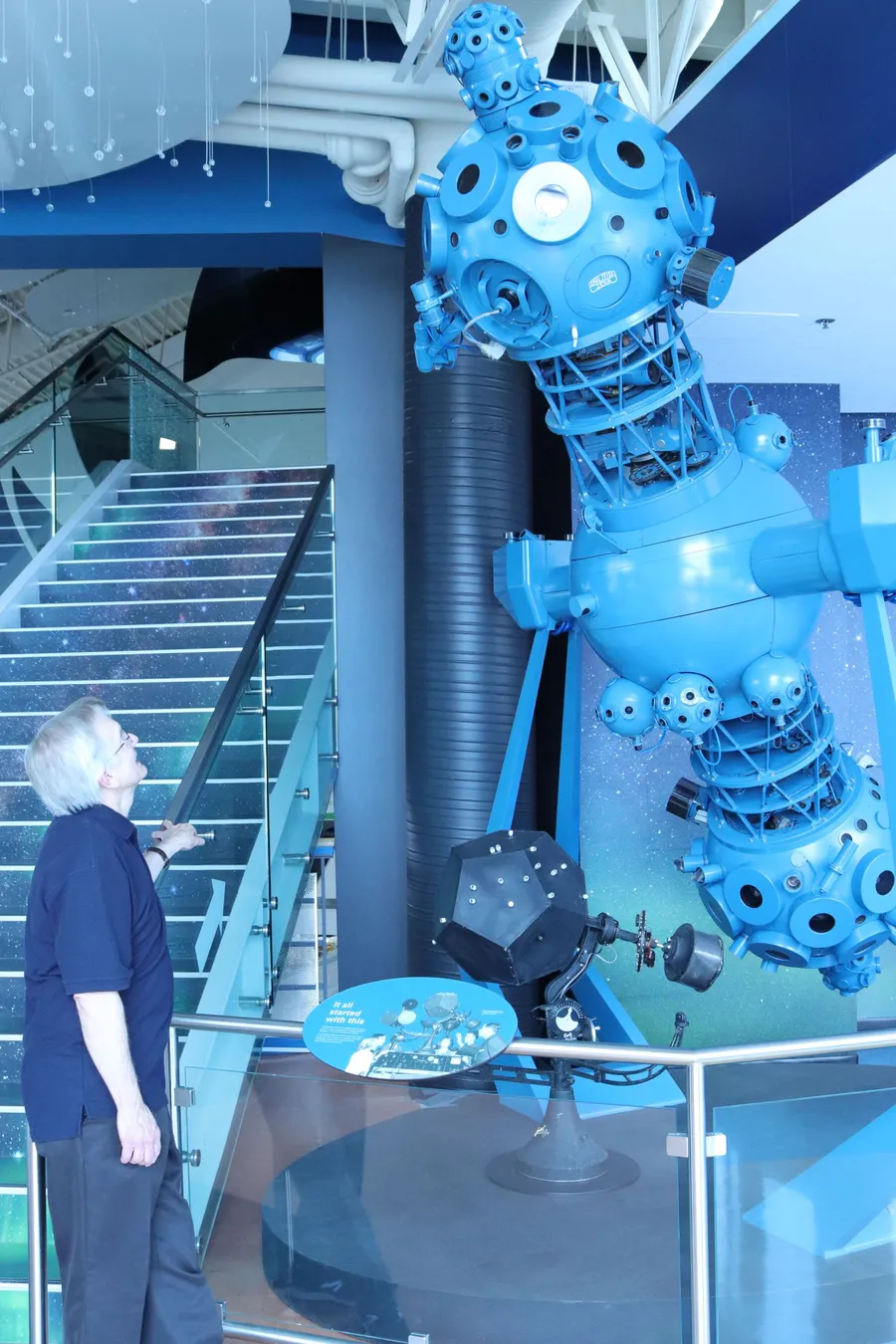
Paul Deans, TWOSE Alumnus & generous supporter of the 'Sophie' restoration project seen here with 'Sophie'.
How Sophie got her start
Sophie was installed in the planetarium in 1984, just a few months before the doors opened to the new Edmonton Space Sciences Centre (ESSC). Manufactured in Jena, East Germany, the projector was one of the first computer-controlled star projectors anywhere in the world. When the ESSC opened on July 1, 1984, shows in both the planetarium and IMAX theatre were sold out.
Giving Sophie ‘a new life’
Sophie projected the stars until 2008 when she was lowered out of the theatre for the final time. The projector remained hidden from view until 2018 when it was removed as part of the S.P.A.C.E. Gallery renovation. Over the past several months, the science centre’s exhibits team has reassembled the projector for public display.
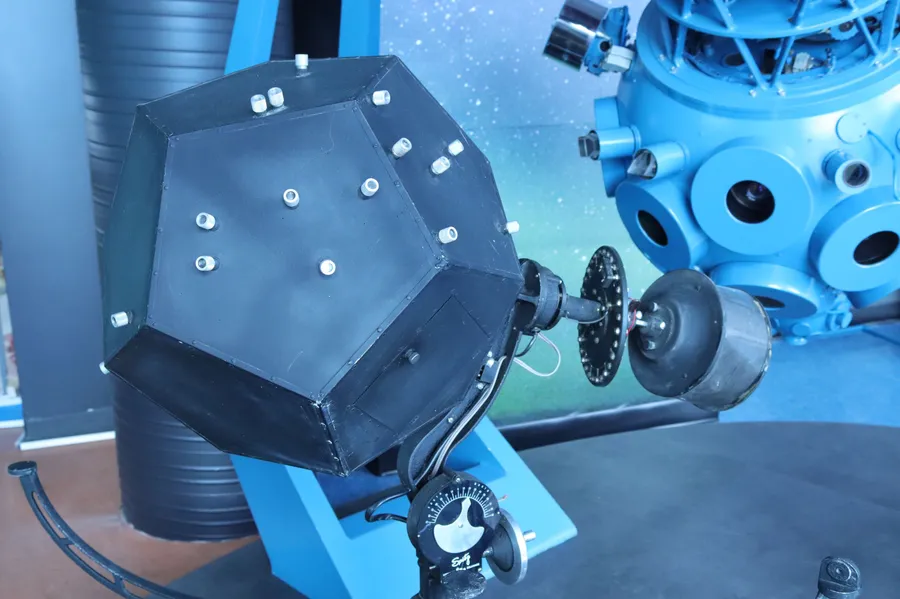
Edmonton’s rich planetarium history
Did you know Edmonton’s planetarium connection stretches back a bit further than Sophie? It goes all the way back to 1960 with the opening of the Queen Elizabeth II Planetarium (QEP) in Coronation Park, near the current science centre. The QEP was the first public planetarium in Canada. The original Spitz A2 projector from the QEP is on display alongside Sophie.
Once the science centre reopens, come take a peek at Sophie and the Spitz A2. See if you can spot the projectors on Sophie that displayed the Sun and the Moon.
We’d love to hear from you! Share a memory with us of sitting under the starry sky in either the QEP or ESSC planetarium on Facebook, Twitter or Instagram.
TELUS World of Science – Edmonton is grateful to the Edmonton Heritage Council and the numerous individual donors who provided funding for this project.
Terms:
ZEISS: A Zeiss projector is one of a line of planetarium projectors manufactured by the Carl Zeiss Company.
Related Articles


Food Chain Reactions
How Climate Change is Impacting Canada's Lakes

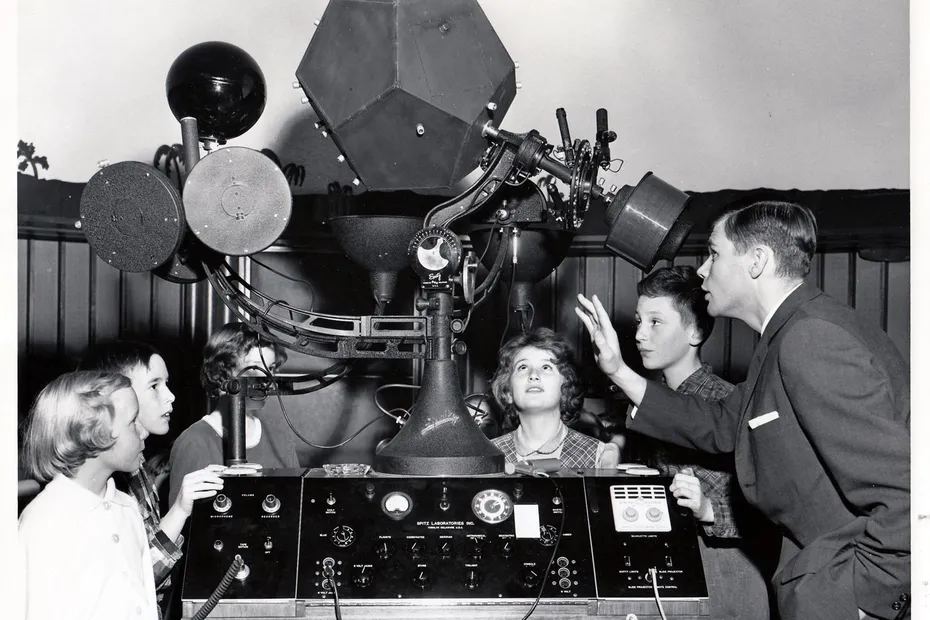
International Expert in the Planetarium Field Has Edmonton City Road Named after Him
One of the key figures in the Planetarium community throughout the world, will have a road named in his honour. The access road to the Queen Elizabeth II Planetarium, in Coronation Park, will be renamed Ian McLennan Way.

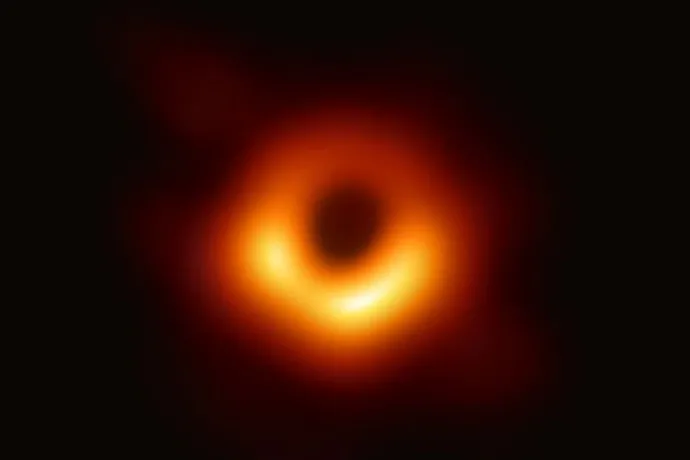
Black holes! They do exist!
On April 10th, 2019 the first image of a black hole was released. It took over a decade of research and over 200 scientists to produce this image of the massive black hole at the center of the Messier 87 galaxy. Today, we have a picture of this mysterious giant monster in the universe.
Related Articles


Food Chain Reactions
How Climate Change is Impacting Canada's Lakes


International Expert in the Planetarium Field Has Edmonton City Road Named after Him
One of the key figures in the Planetarium community throughout the world, will have a road named in his honour. The access road to the Queen Elizabeth II Planetarium, in Coronation Park, will be renamed Ian McLennan Way.


Black holes! They do exist!
On April 10th, 2019 the first image of a black hole was released. It took over a decade of research and over 200 scientists to produce this image of the massive black hole at the center of the Messier 87 galaxy. Today, we have a picture of this mysterious giant monster in the universe.


